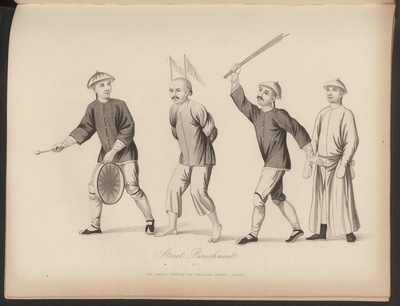Some imperial officials, first in Canton in 1832 and then in Kwantung in 1836, acknowledge the failure of prohibition and recommend legalization. They see smoking opium as “a vile practice” but argue that rather than preventing evils prohibition creates many more. Legalization, they argued, would allow the government to reduce crime, violence and corruption; collect duties and stop the drain on the treasury.
Others disagree and argue for stricter enforcement of the laws and more severe penalties including for foreigners. The Emperor sides with the prohibition side and, in 1839, issues a 39-article statute – the strictest opium law yet that calls for the execution of both smokers and dealers, including the foreign importers and traders.
Source: Austin, A.A. (1978). Perspectives on the History of Psychoactive Substance Use. NIDA.
| Drugs: |
Opium (morphine, heroin, opioids) |
| Regions: |
China |
| Topics: |
Prohibition, Taxation and regulation |
Related Timeline Items
Emperor Yung Cheng prohibits the sale of opium for smoking in China (1729 CE)
An edict prohibiting the sale of opium and the operation of smoking houses is issued by Emperor Yung Cheng. The selling of opium for smoking purposes is now considered a crime. Opium merchants (but not buyers) face severe penalties including execution. The edict did not prohibit traditional medicinal use of opium.
The edict was in response to reports of the evils of opium smoking in some of the remote southern areas influenced by foreign traders and where there had been an epidemic of lawlessness. Until well into the 18th century, opium smoking is relatively localized and not taken too seriously by the imperial government.
The edict did not have much impact on the opium trade or the growing practice of smoking opium, in part, because of strong demand, a ready supply and the corruption of local officials.
Playing with prohibition in China (1780s)
In 1780, the Chinese imperial court releases another edict – this time prohibiting the consumption of opium and reiterating the earlier prohibition on selling opium.
In 1787, the directors of the British East India Company, aware of Chinese official policy, indicate their willingness to consider prohibiting the export of opium from India to China. Company officials based in China, however, argue that the Chinese are never sincere on the matter. Officials issue edicts against opium with one hand while they extend the other to accept bribes.
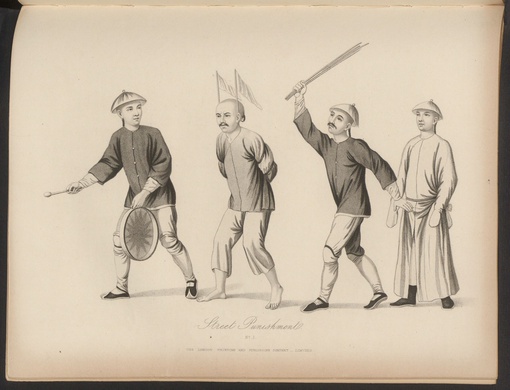
Punishing by making a public example
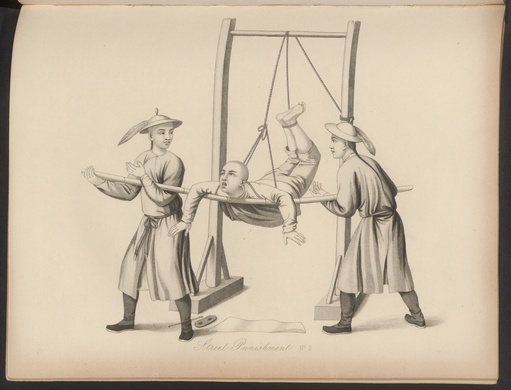
Punishing by public display
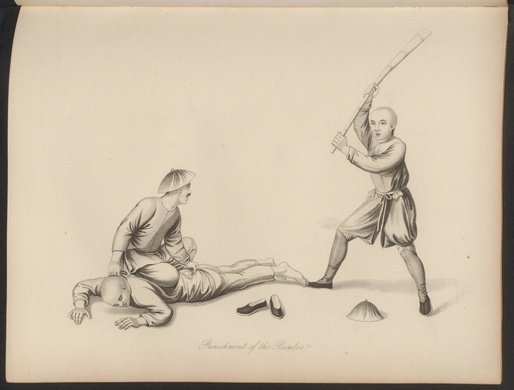
Bamboo flogging as punishment
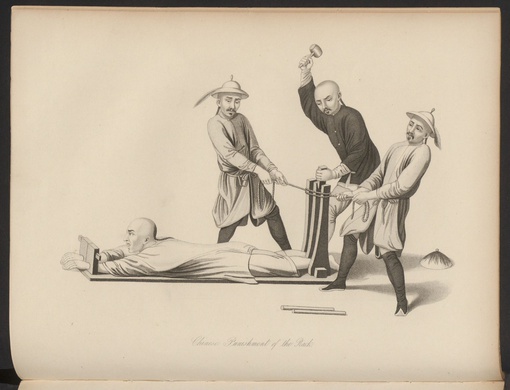
Punishing in the rack
Previous
Next
